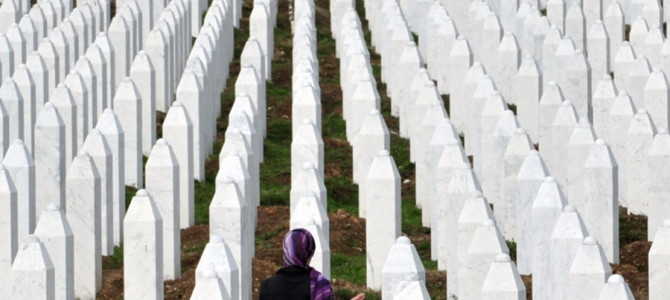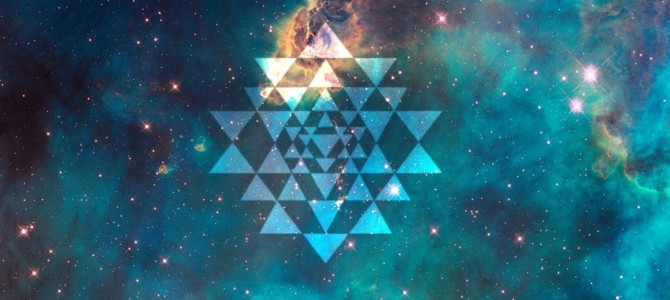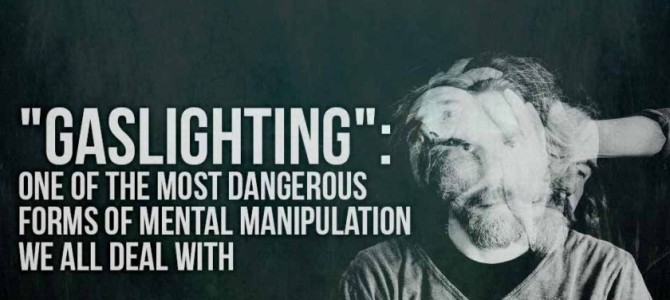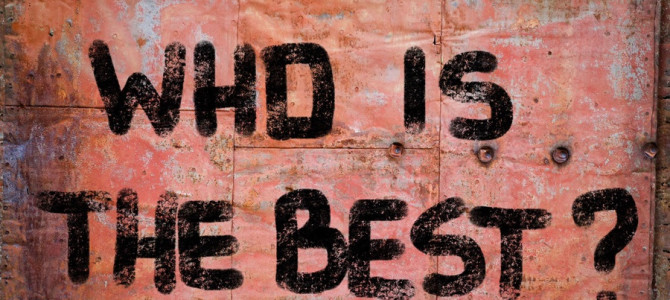Why Genocide Happens, and What Can Stop It Hollie Nyseth Brehm • May 28, 2016 CULTUREPART 2 IN SERIES: WHAT YOU CAN DO ABOUT GENOCIDE As a professor of sociology and criminology, I seek to understand genocide, ranging from why it begins…
Why Genocide Happens, and What Can Stop It




![Abraham Hicks 2016 The Beauty Of Now! [MUST WATCH] Abraham Hicks 2016 The Beauty Of Now! [MUST WATCH]](https://firoozehbowden.com/wp-content/uploads/2016/05/abraham-hicks-2016-the-beauty-of-670x300.jpg)
